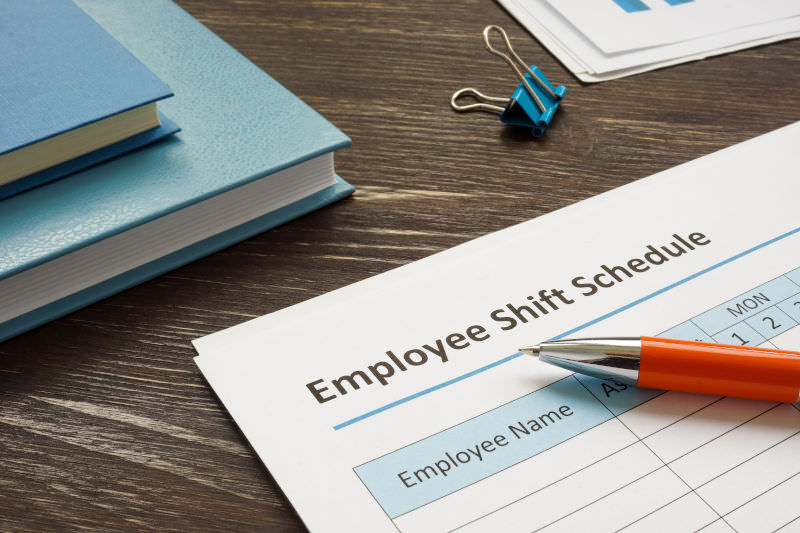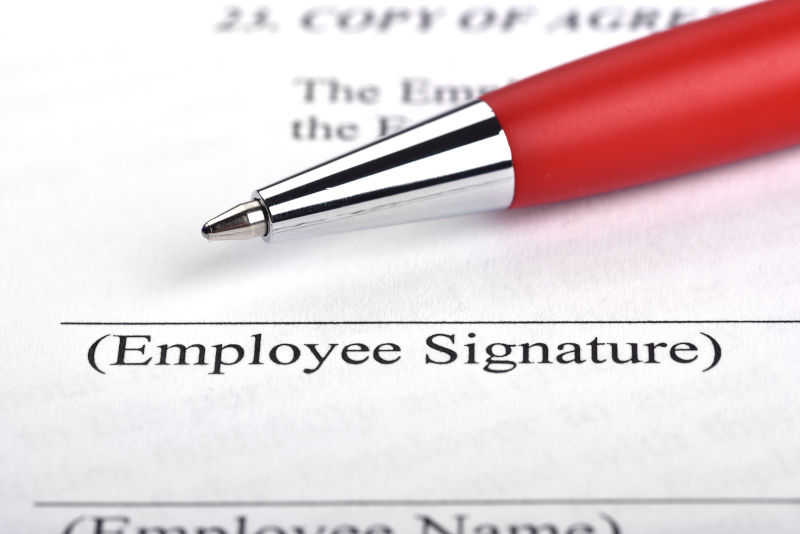Picture the scene: You’re in dispute with your employer (or your former employer). Whatever the issues between you – whether you’ve been subject to unlawful discrimination or dismissed without a hearing – an Employment Tribunal is looming. Just as you’re gearing up for the fight, your employer makes a proposal to settle.
Another scene: You’re at work and out of the blue you’re called in to see your manager. Things haven’t been going well, you haven’t been performing, they need to make redundancies – the upshot is that you are no longer required and your employer is offering to pay you off if you sign a Settlement Agreement.
Whether the subject of a Settlement Agreement comes out of the blue or is something you have anticipated, it’s worth knowing what the position is – and what the implications are.
What is a Settlement Agreement?
It’s a legally binding contract, between you and your employer (or former employer). At its most simplistic, usually your employer will pay you a sum of money and you will retract your allegations (or if it’s got that far, your Tribunal claim). There’s a lot more to it than that, but this is the basic position.
Do I have to have started Employment Tribunal proceedings?
No. An employment dispute doesn’t have to have reached the stage of an Employment Tribunal claim for a Settlement Agreement to come in to play. Some organisations may use a Settlement Agreement to terminate someone’s employment without following the proper processes.
A Settlement Agreement may also come into play if an employer accepts that there has been unlawful behaviour in the workplace, for example harassment of discrimination that could give rise to a claim. The employer may accept its liability to pay compensation and might try and do that using a Settlement Agreement without putting the employee through any further stress and upset.
Do I have to settle?
Again, no. Just because your employer has offered a settlement does not mean you have to accept it – Settlement Agreements are voluntary. However, it will always be sensible to weigh up the advantages and disadvantages of settling before deciding not to settle. Even if you are interested in settling your claim, you don’t have to accept the first offer your employer makes either – this is a negotiation!
Why should I settle my claim?
Litigation is always uncertain. It can also be lengthy to conclude, and is inevitably stressful. It takes a lot of time and energy at a time when you may have other concerns. If you’re out of work as a result of your employer’s actions, you will be worried about how you may cope and provide for yourself and your family. If you’ve suffered psychological harm as a result of your employer’s behaviour, you need to concentrate on getting well. Settlement gives you certainty and closure – provided you settle on the right terms.
Are there any other advantages of a Settlement Agreement?
In an uncertain economy, it’s always good to know that you have a reference to support any future job applications. There is no obligation on an employer to provide you with a reference, and an Employment Tribunal has no power to order an employer to provide an ex-employee with a reference as part of a decision. However, if you conclude a Settlement Agreement, the provision of an agreed reference can be included.
If you fail to persuade a tribunal that your dismissal was unfair, you may have to live with a certain amount of stigma attached to your own conduct as a result. You can avoid this with a Settlement Agreement. You will also avoid setting off the alarm bells for a future employer who might not like the idea of employing someone who has sued a previous employer.
Will I need to use a solicitor?
Not necessarily a solicitor, but you need to take independent advice on the terms of the Settlement Agreement. If you don’t want to use a solicitor, your trade union may have someone who is certified and authorised to give advice on Settlement Agreements.
How much does it cost?
Hopefully nothing – or very little – for you, the employee. A Settlement Agreement usually includes a provision for the employer to pay a contribution towards an employee’s costs of obtaining legal advice. However, if the terms that the employer offers initially are unacceptable, some additional costs involved in negotiation may arise.
Will everyone know I’ve settled?
Settlement Agreements and the discussions around them are usually confidential. The confidentiality element provides a safety net for both employer and employee.
If you’ve been offered a Settlement Agreement by your employer, either in connection with the termination of your employment or because of something that’s happened at work, we can talk you through the process in more detail and provide you with the expert employment law advice you will need, kicking off with a free, no-obligation initial consultation. Get in touch if you’d like to find out more.
Further Reading
From one of the UK’s most read legal blogs.











